The United States will suspend entry for travellers coming from the Schengen Area, covering 26 European countries effective on midnight, March 13, 2020, President Donald Trump announced in an Oval Office address.
"We will be suspending all travel from Europe to the United States for the next 30 days. The new rules will go into effect Friday at midnight. These restrictions will be adjusted subject to conditions on the ground," Trump said.
According to a follow-up statement issued by the Department of Home Security, the presidential proclamation covers all foreign nationals who have been to any of the Schengen Area countries "at any point during the 14 days prior to their scheduled arrival to the United States."
The Schengen Zone includes all European Union members except for the United Kingdom, Ireland, Romania, Bulgaria, Croatia, and Cyprus, as well as Switzerland, Norway, Iceland, and Liechtenstein, which are not EU members.
"This does not apply to legal permanent residents, (generally) immediate family members of US citizens, and other individuals who are identified in the proclamation," the DHS clarified.
It remains unclear if the ban also affects people who have only transited through a hub in the Schengen Area. Flight operations between the US and Europe as such have not been banned.
Trump underlined that the ban would cover "the tremendous amount of trade and cargo [and] various other things as we get approval. Anything coming from Europe to the United States is what we are discussing". However, according to a clarification on the White House website, the proclamation, issued under section 212(f) of the Immigration and Nationality Act (INA), does not affect the transport of goods.
"There will be exemptions for Americans who have undergone appropriate screenings," the President added.
DHS Acting Secretary Chad F. Wolf clarified that he intended to issue a supplemental Notice of Arrivals Restriction requiring returning US citizens to travel through selected airports with enhanced screening procedures.
The US is monitoring the situation in China and South Korea. Trump hinted that subject to further evaluation, he could contemplate "a possible early opening" and lifting of travel restrictions and warnings.
In his speech, Trump argued that early restrictions imposed by the United States on travel from China slowed down the progress of the COVID-19 epidemic in the country. He further blamed the European Union for its failure "to take the same precautions" and argued that "a large number of clusters in the United States were seeded by travellers from Europe".
As of March 11, 2020, the United States reported 696 cases of COVID-19, including 242 new cases in the last 24 hours, and 25 total deaths. In Europe, only Italy, France, Spain, and Germany reported more cases.
Trump also announced several relief packages for businesses and individuals, including waiving co-payments for testing and treating the disease.
UPDATE: The United Kingdom and Northern Ireland have been added to the travel ban effective 0400Z on March 17. Repatriation flights are currently underway ahead of the deadline, the US State Department said.
According to the ch-aviation capacities module, there are 498,817 weekly scheduled one-way seats from the United States to Europe, excluding the United Kingdom, during the current week started on March 9, 2020. Including the UK, the largest airlines on this market are United Airlines (UA, Chicago O'Hare) (11.9% market share by capacity), Delta Air Lines (DL, Atlanta Hartsfield Jackson) (11.7%), British Airways (BA, London Heathrow) (11.4%), and American Airlines (AA, Dallas/Fort Worth) (9.9%).
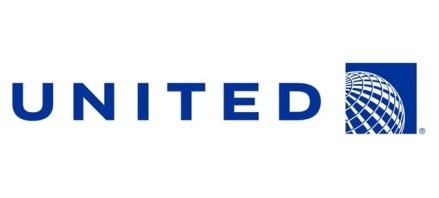
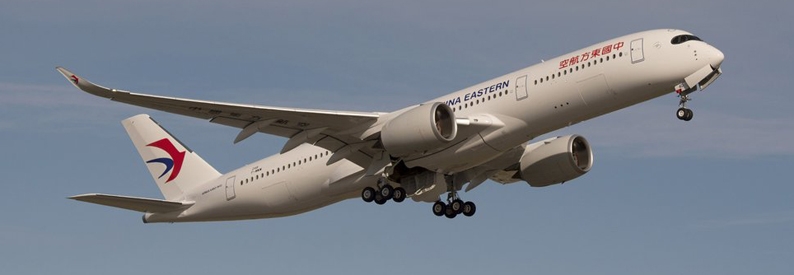
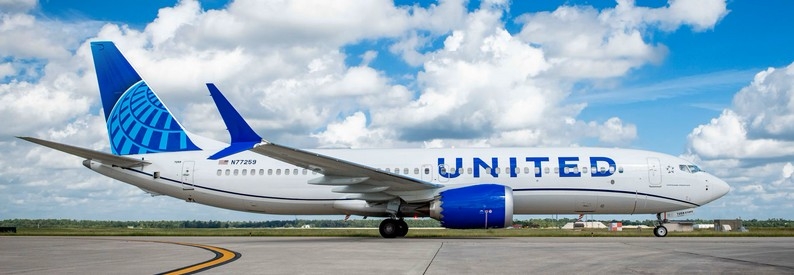
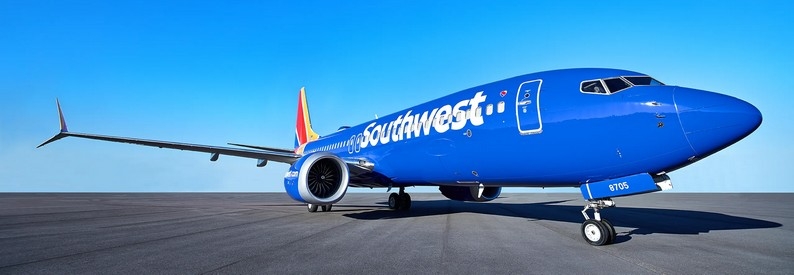
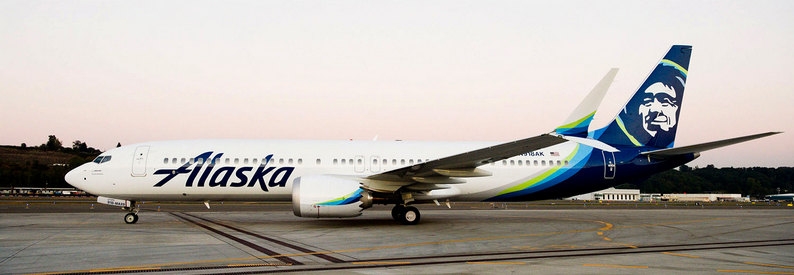
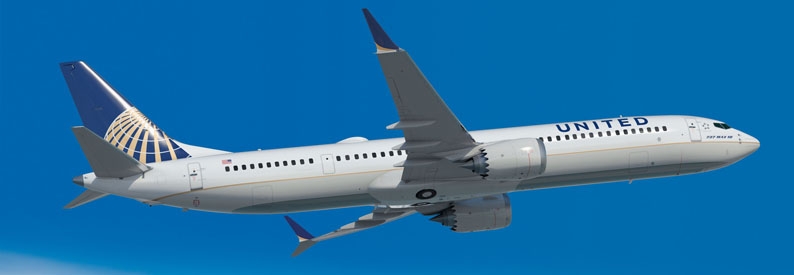
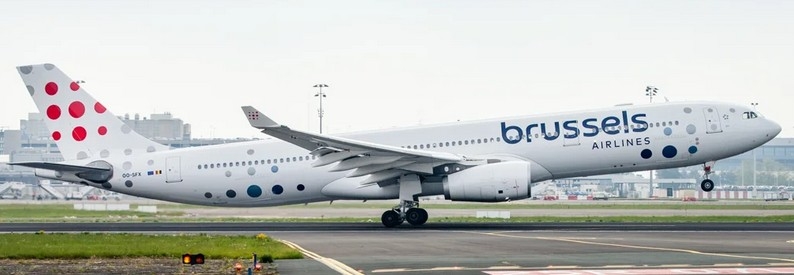
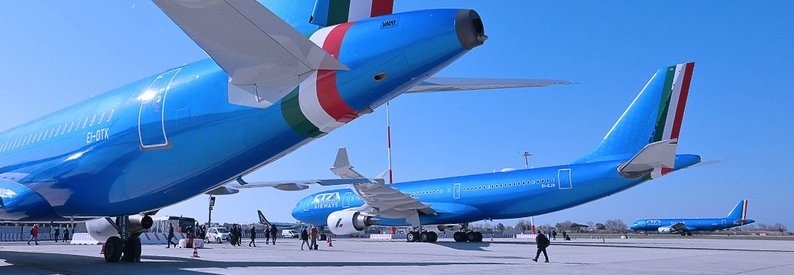
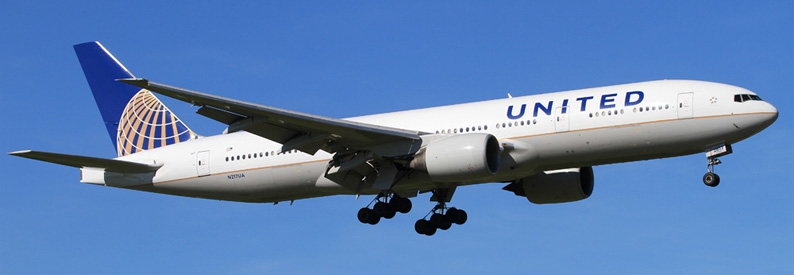
Editorial Comment: Added UK and Ireland update - 15Mar2020 - 12:55 UTC